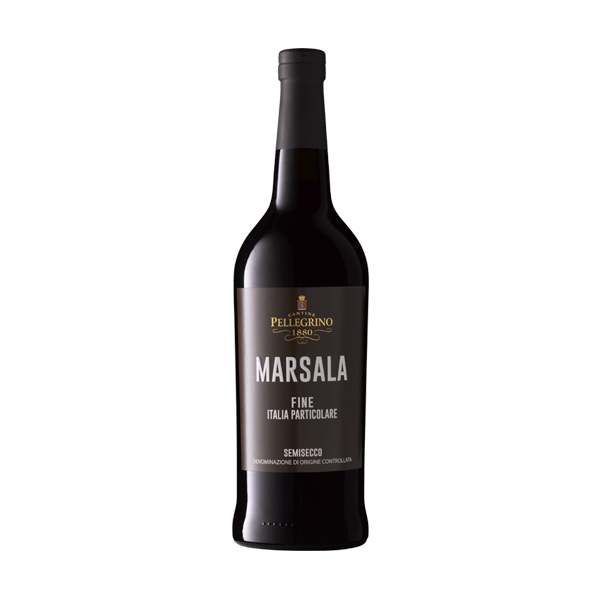Exploring Marsala Wine: History, Types, and Culinary Uses

Introduction
Marsala, a fortified wine that originated from the region of Sicily in Italy, has gained prominence as both a cooking ingredient and a fine beverage. Its rich, complex flavours and versatility make it a favourite among chefs and wine enthusiasts alike. Understanding Marsala’s significance in gastronomy and its various types can enhance culinary experiences and wine selections.
The History and Production of Marsala
The production of Marsala wine dates back to the 18th century when an English trader named John Woodhouse began exporting it. He recognised the potential of local wines and transformed them into a fortified version by adding brandy, which increased the wine’s shelf life for export. Today, Marsala is still produced mainly in the province of Trapani in western Sicily and has been granted Denominazione di Origine Controllata (DOC) status to protect its production standards.
Types of Marsala
Marsala wine comes in various styles, primarily classified by sweetness and colour. The main types include:
- Dry Marsala: Best for cooking, it has a lower sugar content and is often used in savoury dishes.
- Sweet Marsala: More pleasant for drinking, it’s often enjoyed as dessert wine.
- Oro (Gold): Aged in wooden casks, it has a light colour and nuanced flavour.
- Rubino (Ruby): Darker in hue, rich with flavours of red fruits and spices.
- Fine, Superiore, and Vergine: These designations indicate varying aging periods and quality.
Culinary Uses of Marsala
Marsala is highly valued in cooking, particularly in Italian and Mediterranean dishes. One of the most famous recipes is Chicken Marsala, where the wine provides a depth of flavour that complements the chicken. Beyond savoury applications, it’s also used in desserts like Tiramisu, where its sweetness enhances the overall dish. Additionally, Marsala can be drizzled over fruits or mixed into sauces to impart a rich, complex flavour.
Conclusion
Marsala wine serves as more than just a beverage; it is a culinary staple that enriches a variety of dishes. As food enthusiasts continue to explore the world of flavours, Marsala remains a critical component, appreciated for its history, versatility, and unique characteristics. As its popularity grows, both chefs and consumers alike can expect to experiment with this remarkable wine, discovering innovative pairings and recipes that showcase its extraordinary depth.









